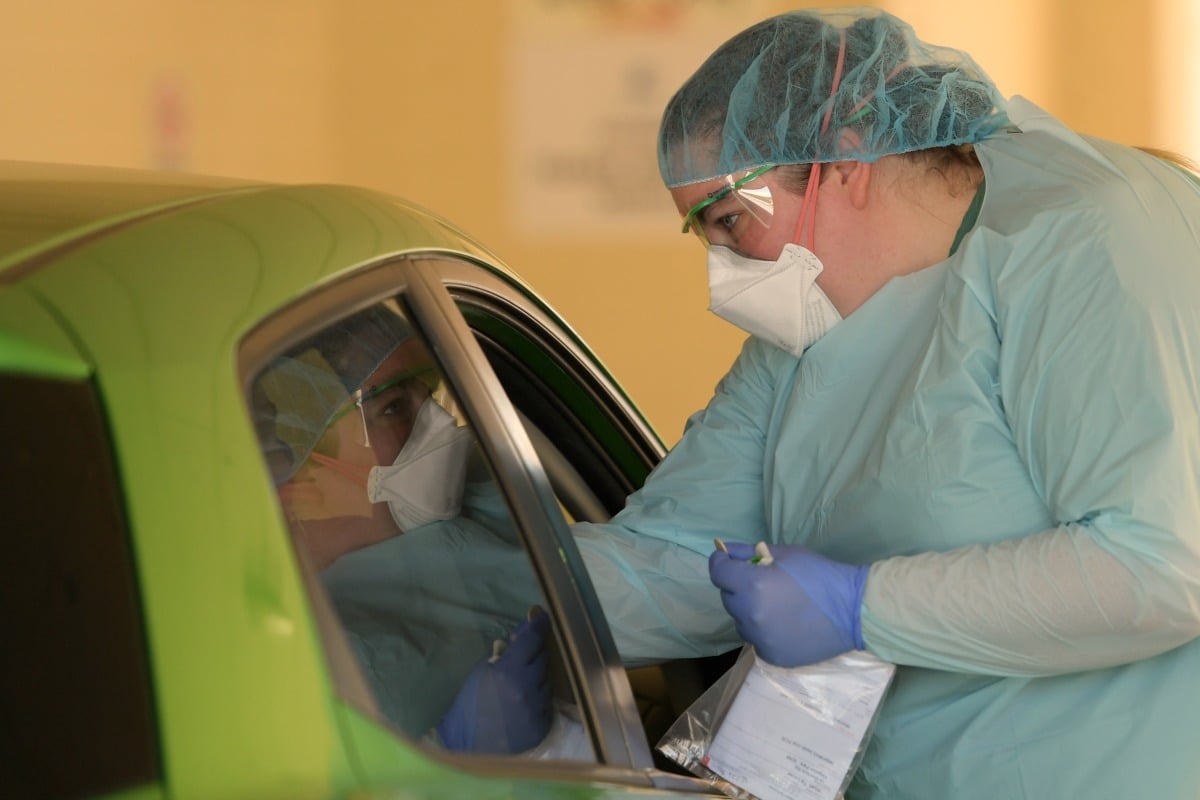
— With AAP.
Despite having some of the most relaxed social distancing restrictions in the country, South Australia has reached seven days without recording a new case of COVID-19.
The incredible milestone, which was announced on Wednesday, comes as the state wraps up a two-week “testing blitz”, which saw more than 15,000 South Australians tested for the coronavirus.
Speaking to the media, Chief Public Health Officer Nicola Spurrier declared the week a “milestone” for the state.
Mamamia’s The Quicky host Claire Murphy answers your common questions about COVID-19. Post continues below.
“This is a landmark for us, we have gone a whole week now without any cases of COVID-19 in South Australia,” Dr Spurrier said.
“That puts us in a very, very strong position, particularly with the high rates of testing,” she added.
On Wednesday, South Australia Health said 96 per cent of confirmed coronavirus cases within the state have recovered.
In total, the state has had 438 confirmed cases, and there are only 14 cases currently active, including two men who are hospitalised.



Top Comments